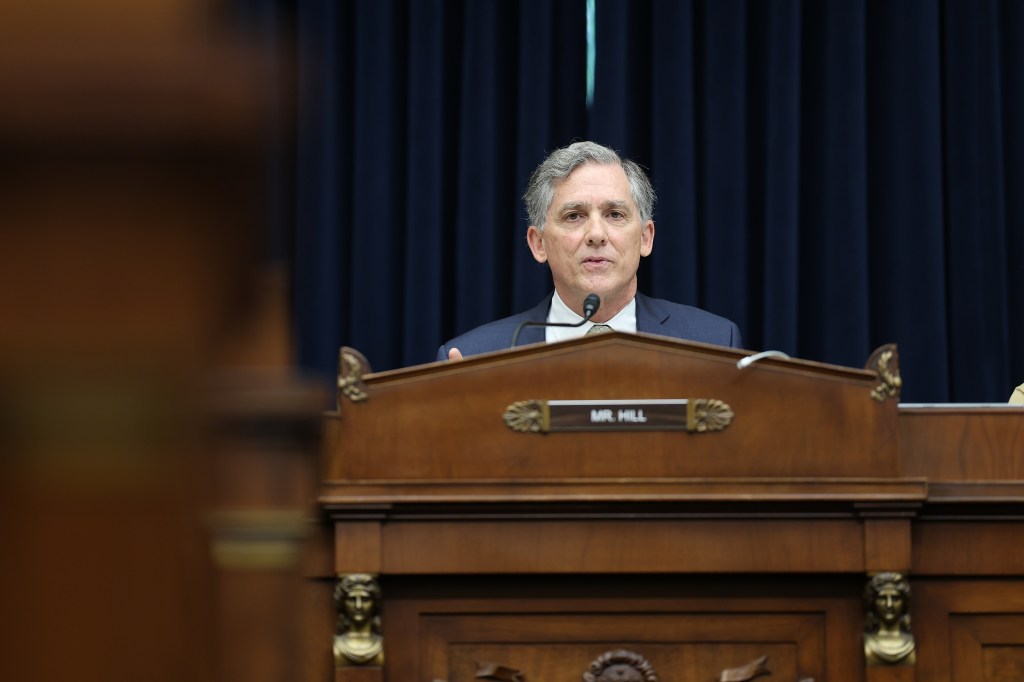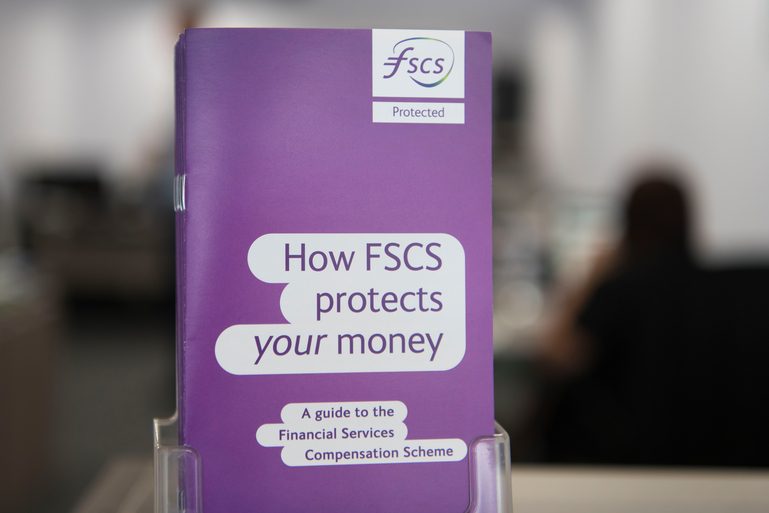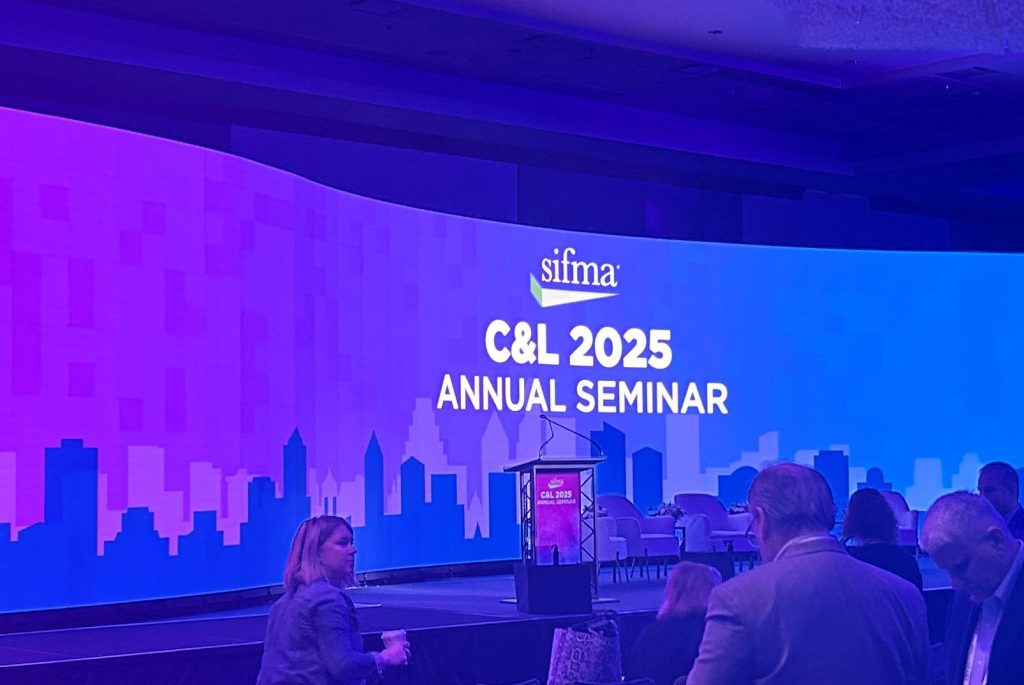The FCA announced last week it had “fined Arian Financial LLP (Arian) £288,962.53 ($352,376.14) for failing to ensure it had effective systems and controls against financial crime.”
According to the regulator, “Arian’s failure to implement adequate systems and controls against financial crime put it at risk of being used to support fraudulent trading and money laundering on behalf of clients of the Solo Group.”
It added that, “Arian executed purported over-the-counter equity trades of approximately £37 billion ($45.12 billion) and £15 billion ($18.29 billion) in Danish and Belgian equities on behalf of the Solo Group’s clients, receiving commission of approximately £546,949 ($666,978).”
But the FCA said: “The trading was, throughout the period, circular, which is highly suggestive of financial crime.”
“It appears to have been carried out to allow the arranging of withholding tax reclaims in Denmark and Belgium,” the press release read.
“Arian admitted liability but referred the FCA’s proposed fine to the Upper Tribunal. The Tribunal reduced the fine that the FCA would have imposed from £744,745 ($908,181) to £288,962.53 ($352,376.14)”
Media and speeches
In response to growing pressure from the government to focus on growth, the FCA has said it wants to work with the government “in a fundamentally different way to support the growth mission.”
In a detailed letter by Chief Executive Nikhil Rathi, the regulator has said it appreciates the government’s support, and the acceptance that working for growth needs taking greater risks and prioritising resources.
The FCA has said its ongoing work on growth “includes reforming listings rules, bolstering investment research, revolutionising provision of financial advice, launching long term asset funds, reforming the value for money framework for pensions targeting better longterm returns, and reforms to fixed income and commodity markets to sustain UK market leadership.”
According to Rathi, growth will be the cornerstone of the regulator’s strategy over the next five years, and it will work closely with the government and academics “to better understand the links between financial regulation and growth.”
The letter also includes a list of steps the FCA is currently taking to enhance growth, and areas where further government action and support could help achieve the common goal. These include:
- unlocking capital investment and liquidity;
- accelerating digital innovation to enhance productivity;
- reducing the regulatory burden;
- making it easier for firms to start up and grow;
- improving exports and inward investment;
- certainty and predictability.
The FCA has said it has “issued a Final Notice objecting to the proposed acquisition of Olampicaran Limited (Olampicaran) by Mr Ahmed.”
According to the regulator: “Mr Ahmed failed to notify and seek approval from the FCA, causing harm to the integrity of the UK payment services market.”
It said it was against Ahmed’s 100% acquisition of the company because it “demonstrated a serious lack of professional competence and consequently failed to comply with the requirements set out in legislation.
“Mr Ahmed had previously acquired a regulated firm and ended his tenure without seeking approval from or notifying the FCA. Both acts are criminal offences under the Financial Services and Markets Act.”
Olampicaran which the FCA says was also not registered with HMRC, has “cancelled its permissions following issuance of the Decision Notice. It is no longer a regulated firm.”
In a separate development, the FCA has said it has opened further floor space at its existing base at 6 Queen Street in Leeds, increasing it by an additional 5,000 square feet.
The regulator says its regional base in Leeds, which was first opened in 2022, “is now a base for over 300 employees, with around 100 more people expected to be welcomed into the additional space this year.”
Nikhil Rathi, chief executive of the FCA said: “I’m delighted to open the new floor here in Leeds today. The expansion provides further opportunity for us to benefit from a broader talent pool, offering different perspectives and experiences, meaning we can better represent the communities we serve.”
The FCA has published more information on what firms should do, and what what they should not do, in order to comply with the regulators’s polluter pays framework.
In a detailed notification, the FCA has said: “We expect firms to notify us immediately when they become aware or have information that reasonably suggests any of the following may have happened (or could happen in the future):
- A firm does not have adequate resources to provide potential redress.
- A firm intends to sell or transfer its client bank, and the sale could have an impact on the firm’s risk profile, value or resources.
- A firm has potential redress liabilities and wants to offer consumers less redress than they might be due.
Elsewhere, the Financial Times has reported that the FCA has mistakenly revealed details of a plan to review an insurer. The paper says the mistake is a blow to the regulator’s plans to name and shame firms which it is investigating.
According to the FT, the mistake happened when “a contract notice for an independent review of the insurer’s ‘product oversight and governance’ was posted on the government’s contracts finder website by the FCA on December 20.”
Also last week, Investment Week reported that the FCA was monitoring developments around the Saba saga, “after the Association of Investment Companies raised regulatory concerns on the matter.”
The spokesperson for the regulator has told the outlet the decision to keep an eye was made after AIC raised concerns about retail shareholder protections and investment trust board independence.
















